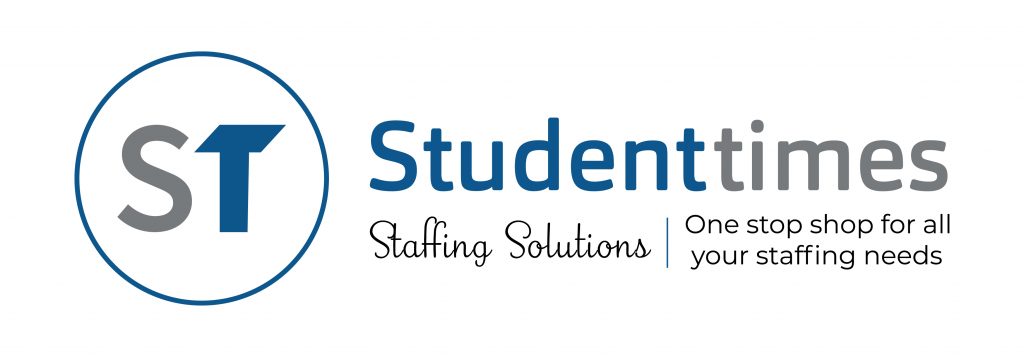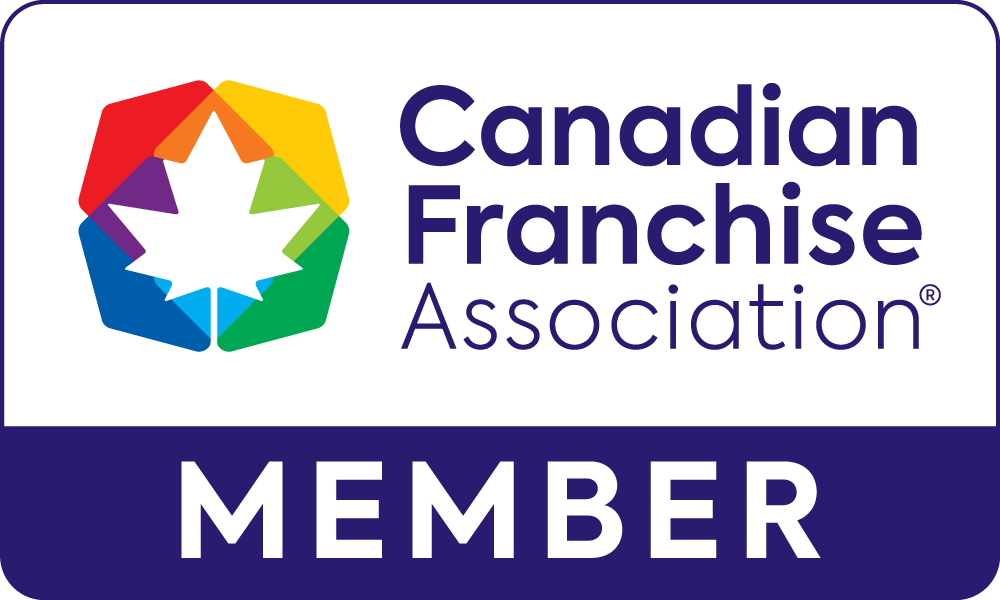The staffing industry in Canada plays a crucial role in connecting job seekers with employment opportunities and assisting businesses in finding qualified talent. As the job market evolves, the staffing industry has become increasingly vital in providing flexible and temporary employment options, addressing skills gaps, and supporting workforce diversity and inclusion. This article explores the key aspects of the staffing industry in Canada, including its size and scope, trends and growth opportunities, regulatory landscape, technological advancements, workforce diversity initiatives, challenges faced by staffing agencies, and the future outlook of the industry amidst potential disruptions. Understanding the dynamics of the staffing industry in Canada is essential for job seekers, employers, and those interested in comprehending the evolving nature of the Canadian labor market.

1. Overview of the Staffing Industry in Canada
1.1 What is the Staffing Industry
The staffing industry, also known as the employment agency or recruitment industry, plays a vital role in connecting job seekers with employers. Staffing agencies act as intermediaries, helping businesses find the right candidates for their job openings, and assisting individuals in finding employment opportunities that match their skills and experience.
1.2 Size and Scope of the Staffing Industry in Canada
The staffing industry in Canada is a robust and dynamic sector. It encompasses a wide range of services, including temporary staffing, permanent placement, and executive search. According to industry reports, the Canadian staffing market has experienced steady growth in recent years, with an estimated worth of over $15 billion. With an increasing number of companies relying on staffing agencies to find talent, the industry shows no signs of slowing down.
2. Key Trends and Growth Opportunities in the Canadian Staffing Market
2.1 Shift towards Flexible and Temporary Employment
One noticeable trend in the Canadian staffing market is the rising demand for flexible and temporary employment solutions. Many organizations are seeking more flexible work arrangements to meet changing business needs. This shift has resulted in a surge of opportunities for temporary and contract workers, providing them with greater flexibility in their career choices.
2.2 Increasing Demand for Specialized Skills
With the evolving job market, there is a growing demand for employees with specialized skills. Many companies require individuals with expertise in areas such as technology, healthcare, and engineering. As a result, staffing agencies are focusing on identifying and recruiting talent with specific skill sets to meet these industry demands.
2.3 Growing Importance of Remote Workforce
The COVID-19 pandemic has accelerated the adoption of remote work practices. As more companies recognize the benefits of remote staffing, the demand for talent capable of working remotely has increased. Staffing agencies are now playing a crucial role in connecting employers with qualified professionals who can thrive in a virtual work environment.
3. Regulations and Compliance in the Canadian Staffing Industry
3.1 Employment Standards and Labor Laws
In Canada, the staffing industry operates within a comprehensive regulatory framework, including employment standards and labor laws. Staffing agencies must comply with these regulations to ensure fair treatment of workers, including hours of work, overtime, vacation entitlement, and pay rates. It is crucial for both staffing agencies and employers to stay updated with these regulations to avoid any legal implications.
3.2 Compliance with Immigration and Work Permit Regulations
For staffing agencies involved in placing international workers, compliance with immigration and work permit regulations is vital. They must ensure that candidates possess the necessary work permits and visas to legally work in Canada. Adhering to these regulations protects both the staffing agency and the employer from potential legal issues.
3.3 Obligations and Responsibilities of Staffing Agencies
Staffing agencies have obligations and responsibilities towards both job seekers and employers. They must ensure transparent and fair recruitment processes, provide accurate job descriptions, maintain confidentiality, and act in the best interest of their clients. This includes understanding the specific needs of employers and matching them with suitable candidates while offering support throughout the hiring process.
4. The Impact of Technology on Staffing Practices in Canada
4.1 Role of AI and Automation in the Recruitment Process
Technology, particularly Artificial Intelligence (AI), has revolutionized the recruitment process. AI-powered tools can help automate repetitive tasks like screening resumes, scheduling interviews, and evaluating candidates. These digital advancements enable staffing agencies to streamline their operations, improve efficiency, and focus more on building meaningful connections with job seekers and employers.
4.2 Online Platforms and Job Portals
Online platforms and job portals have become instrumental in the staffing industry. These platforms provide a centralized space for job seekers to search and apply for positions, while also offering employers access to a broader talent pool. Staffing agencies leverage these platforms to connect with candidates and advertise job opportunities, creating a convenient and efficient way to match candidates with employers.
4.3 Digital Tools for Talent Acquisition and Management
Digital tools, such as applicant tracking systems and talent management software, have transformed talent acquisition and management for staffing agencies. These tools help streamline processes, facilitate candidate management, and enhance communication between staffing agencies and clients. By leveraging these digital solutions, staffing agencies can provide a seamless experience for both job seekers and employers.
The staffing industry in Canada is thriving, driven by the increasing demand for flexible employment solutions, specialized skills, and remote workforce capabilities. As technology continues to shape the industry, staffing agencies must adapt, leveraging digital tools and platforms to stay competitive and provide efficient and effective recruitment services.
5. Workforce Diversity and Inclusion in the Canadian Staffing Industry
5.1 Benefits of Diversity and Inclusion in Staffing
Diversity and inclusion are not just buzzwords in the staffing industry—they are essential ingredients for success. Embracing a diverse workforce brings a wealth of benefits to staffing agencies in Canada. Research has shown that diverse teams tend to be more innovative, creative, and effective problem solvers. By fostering an inclusive environment, staffing agencies can attract and retain top talent from various backgrounds, leading to improved employee satisfaction and productivity. Furthermore, diversity allows agencies to better understand and cater to the ever-evolving needs of their clients, enhancing customer relationships and boosting business growth.
5.2 Strategies for Promoting Diversity and Inclusion
Promoting diversity and inclusion requires a proactive approach from staffing agencies. One effective strategy is to implement targeted recruitment practices that actively reach out to underrepresented groups. This can involve partnering with community organizations, attending diversity job fairs, and using inclusive language in job postings. Additionally, creating a culture of inclusivity within the agency is crucial. This can be achieved through training programs that promote awareness, empathy, and respect for different perspectives. Providing equal opportunities for career advancement and ensuring diverse voices are heard and valued are also essential elements of fostering an inclusive workplace.
5.3 Overcoming Challenges in Achieving Workforce Diversity
While promoting workforce diversity is important, it may come with its fair share of challenges. Some staffing agencies may struggle with unconscious biases during the hiring process, which can inadvertently result in a lack of diversity. Overcoming this challenge requires implementing blind hiring practices, where personal information that may trigger biases is withheld until later stages of the recruitment process. Additionally, building diverse candidate pipelines through networking and partnerships can help expand the pool of qualified candidates. It is also crucial to continuously educate staff on the benefits of diversity and challenge any existing biases within the agency to create a truly inclusive environment.
6. Challenges and Solutions for Staffing Agencies in Canada
6.1 Talent Shortage and Skill Gap
Staffing agencies in Canada are facing an ongoing challenge of talent shortage and a widening skill gap. As the Canadian job market continues to evolve, demand for highly skilled professionals often exceeds supply. To tackle this issue, staffing agencies need to adapt their recruitment strategies. This may include offering competitive compensation packages, providing training programs to bridge the skill gap, and partnering with educational institutions to nurture talent from the early stages. Additionally, building strong relationships with candidates and clients can help agencies become a trusted resource and attract talent through referrals.
6.2 Competition and Market Saturation
Competition within the staffing industry in Canada has intensified, leading to market saturation in some areas. To stand out in this crowded landscape, agencies must differentiate themselves through their offerings. This can involve providing specialized services tailored to niche industries or developing innovative recruitment techniques that go beyond traditional methods. Additionally, staying up-to-date with industry trends and leveraging technology to streamline processes can give staffing agencies a competitive edge.
6.3 Effective Recruitment and Retention Strategies
Recruiting and retaining top talent is a constant challenge for staffing agencies. To overcome these hurdles, agencies should prioritize building strong relationships with both candidates and clients. Offering personalized and attentive services can help foster loyalty and trust. Furthermore, investing in employee development and creating a positive work culture can enhance retention rates. Implementing mentorship programs, providing ongoing training opportunities, and recognizing and rewarding employee achievements are all effective strategies for attracting and retaining talent in the Canadian staffing industry.
7. The Future Outlook and Potential Disruptions in the Canadian Staffing Industry
7.1 Emerging Technologies and their Impact
The Canadian staffing industry is on the verge of significant technological advancements that will bring both opportunities and disruptions. Artificial intelligence (AI) and automation are expected to transform various aspects of the recruitment process, from candidate sourcing and screening to resume parsing and interview scheduling. While these technologies can increase efficiency and speed up the hiring process, they may also raise concerns about job displacement. Staffing agencies must adapt by embracing these emerging technologies and leveraging them to enhance their services while simultaneously focusing on the human element of recruitment that AI cannot replicate.
7.2 Shifting Workforce Dynamics and Changing Job Market
The Canadian job market is undergoing a transformation, driven by shifting workforce dynamics and changing expectations of job seekers. With the rise of the gig economy and remote work, traditional employment models are evolving. Staffing agencies need to be agile in understanding and accommodating these changes. This might involve developing new business models that cater to the needs of freelance or remote workers, diversifying service offerings, and adopting flexible staffing solutions that align with the evolving preferences of both candidates and clients.
7.3 Potential Disruptions and Adaptation Strategies for Staffing Agencies
To thrive in an ever-changing landscape, staffing agencies must be proactive in anticipating potential disruptions. One such disruption could be the rise of direct-to-employer hiring platforms or tools that enable companies to bypass traditional staffing agencies. To adapt, agencies can differentiate themselves by offering specialized knowledge, industry expertise, and personalized service that these platforms may not provide. Building strong relationships with clients and candidates, focusing on niche markets, and continuously investing in innovation and technological advancements can help staffing agencies stay ahead of potential disruptions and maintain their relevance in the Canadian market.
In conclusion, the staffing industry in Canada continues to play a pivotal role in facilitating employment opportunities and bridging the gap between job seekers and businesses. With the evolving job market and advancements in technology, staffing agencies must adapt and embrace new strategies to meet the changing needs of employers and job seekers. By staying abreast of industry trends, complying with regulations, promoting workforce diversity, and leveraging technological tools, staffing agencies in Canada can position themselves for success in the future. As the Canadian staffing industry continues to evolve, it will undoubtedly remain an essential component of the country’s labor market landscape.




